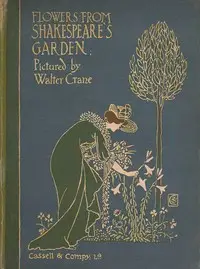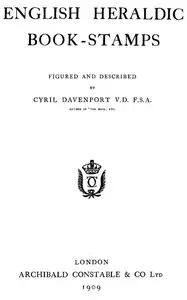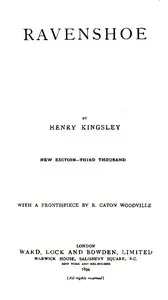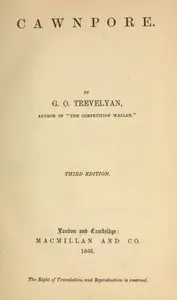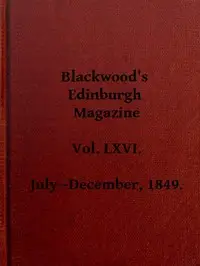"Henry IV, Part 1" by William Shakespeare is a historical drama where young Prince Hal, later to be King Henry V, struggles between the expectations of his royal father, King Henry IV, and the allure of a carefree life spent with the charismatic rogue, Falstaff. The play navigates the political unrest of England, ignited by rebellious noblemen like Hotspur, and shows the growing tension between the King and his son, highlighting Prince Hal's journey through the contrasting worlds of courtly duty and tavern revelry, as he decides on honor, responsibility, and the true meaning of leadership amid war and rebellion.

Henry IV, Part 1
By William Shakespeare
Torn between royal duty and a life of revelry, a young prince must rise to the occasion amidst rebellion and war to prove himself worthy of the crown.
Summary
About the AuthorWilliam Shakespeare was an English playwright, poet and actor. He is widely regarded as the greatest writer in the English language and the world's pre-eminent dramatist. He is often called England's national poet and the "Bard of Avon". His extant works, including collaborations, consist of some 39 plays, 154 sonnets, three long narrative poems and a few other verses, some of uncertain authorship. His plays have been translated into every major living language and are performed more often than those of any other playwright. Shakespeare remains arguably the most influential writer in the English language, and his works continue to be studied and reinterpreted.
William Shakespeare was an English playwright, poet and actor. He is widely regarded as the greatest writer in the English language and the world's pre-eminent dramatist. He is often called England's national poet and the "Bard of Avon". His extant works, including collaborations, consist of some 39 plays, 154 sonnets, three long narrative poems and a few other verses, some of uncertain authorship. His plays have been translated into every major living language and are performed more often than those of any other playwright. Shakespeare remains arguably the most influential writer in the English language, and his works continue to be studied and reinterpreted.









